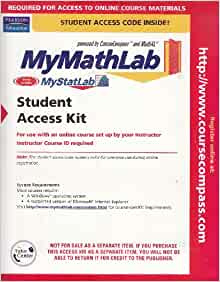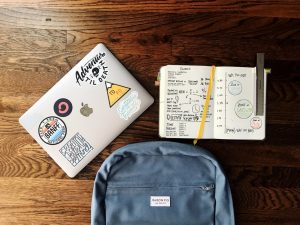The fall 2020 semester is going to be unlike any that has happened in modern history. With the covid 19 pandemic surging again, it’s now questionable whether or not classes will be held on campus. It’s looking increasingly likely that next year will be conducted through either a hybrid model of on campus and remote learning, or remote learning only.







